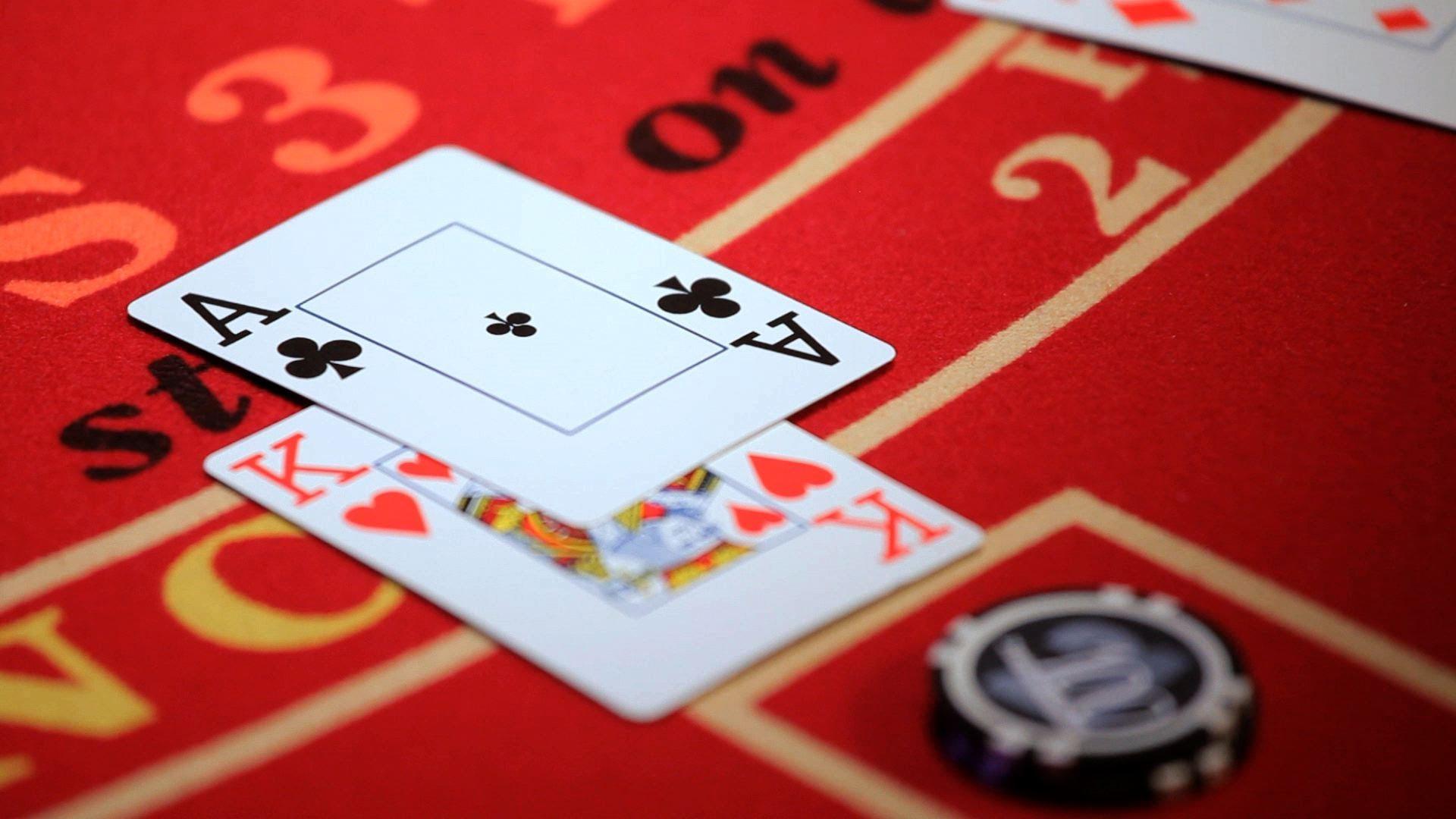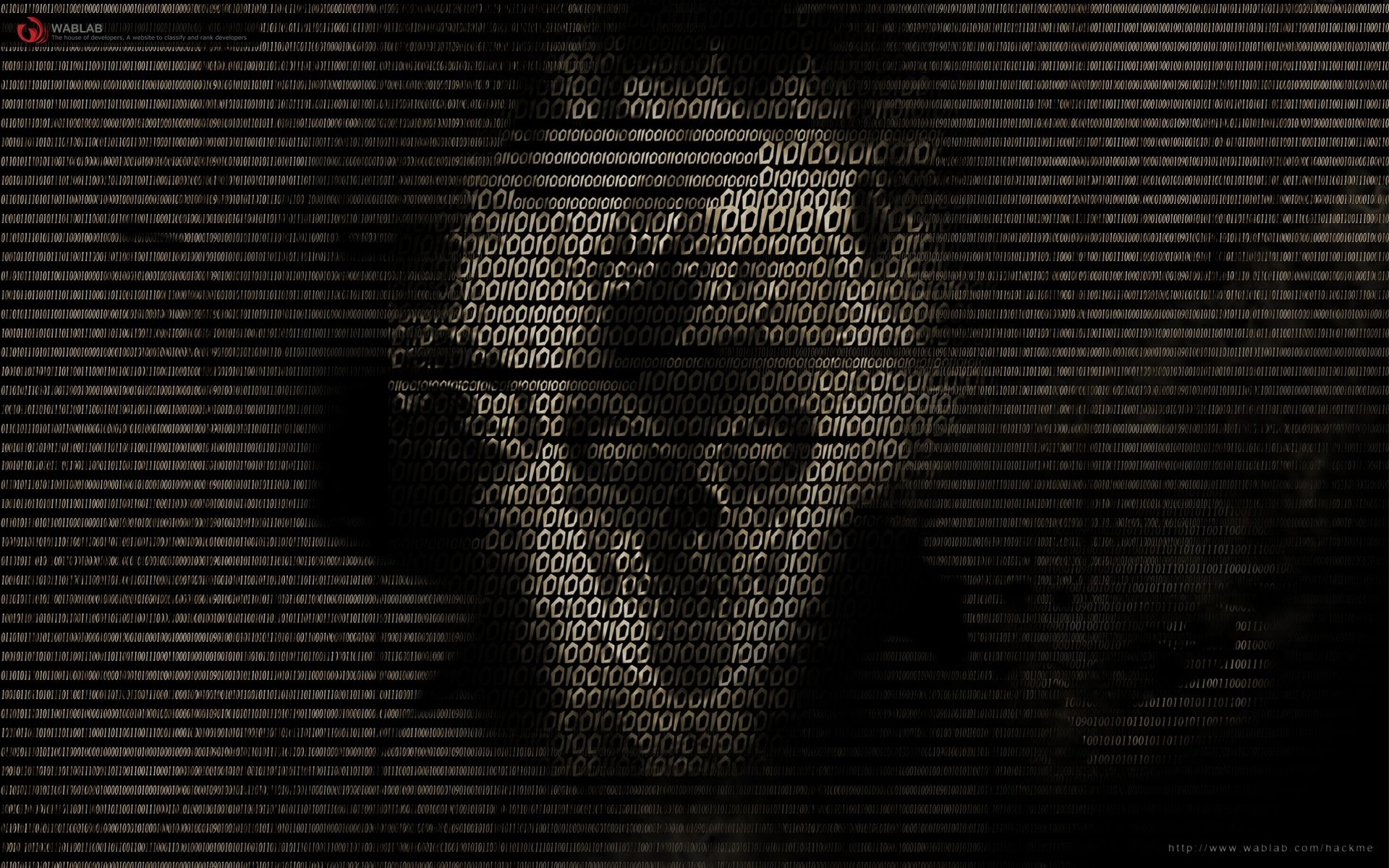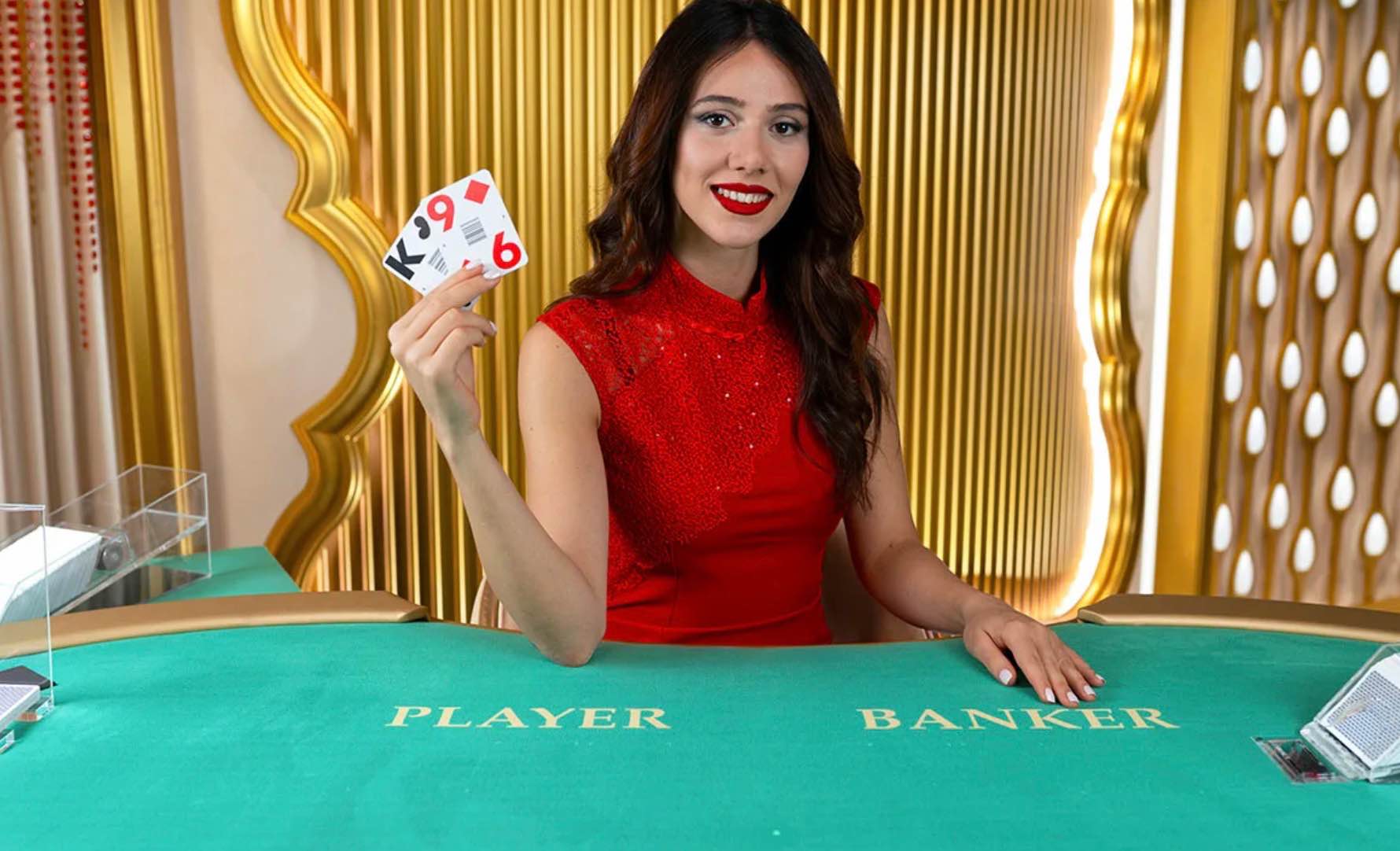Understanding Double Down
If you have a strong hand in blackjack and believe that adding another card will significantly increase your chances of winning, you might want to consider doubling down. This is a risky approach that requires faith in your abilities and a willingness to maximize your potential winnings. In the vibrant world of arabian casinos, employing strategic moves like doubling down can add an exciting layer to your gaming experience, potentially leading to even greater rewards.
When you double down, you are effectively doubling your previous stake and obtaining only one extra card. If implemented correctly, this can be a strong technique because it allows you to take advantage of a good scenario and perhaps increase your winnings.
However, it is critical to grasp the rules of double down. You cannot double down on any two cards in all blackjack games, so be sure you understand the regulations of the game you're playing. When considering whether to double down, it's also necessary to evaluate the dealer's upcard. If the dealer has a powerful upcard, it may be unwise to double down because your odds of winning are reduced.
Blackjack Basic Rules
In blackjack, the goal is to beat the dealer’s hand without exceeding 21. Each card in the deck has a different value. Face cards (King, Queen, and Jack) are worth their face value, whereas numbered cards are worth their face value. Depending on whatever value advantages your hand the most, the Ace can be worth 1 or 11. If you find yourself seeking the thrill of high-stakes gaming, perhaps in a luxurious casino in Dubai, mastering the intricacies of card values and strategic play becomes even more crucial for an exhilarating and potentially lucrative experience.
At the start of the game, you and the dealer are each handed two cards. One of your cards is dealt face up, while the dealer’s card is dealt face down.
You can 'hit' and acquire another card to boost the worth of your hand. You have the option to'stand' and maintain your current hand worth. You can also 'double down' and double your original stake, but you will only be dealt one additional card. If your original pair of cards has the same value, you can'split' them into two independent hands.
Keep in mind that the goal is to go as near to 21 as possible without going over. If your hand value surpasses 21, you 'bust' and you lose the round. You win if your hand value is closer to 21 than the dealer's without exceeding 21.
The Math Behind Doubling
Doubling down is a common blackjack and online blackjack strategy that can greatly boost your potential earnings. When you double down, you double your original stake and get one more card. This bold move can be equally exhilarating when applied in the dynamic world of online casinos, where strategic decisions can influence the outcome of your virtual gaming ventures.
In many cases, the arithmetic suggests that doubling down can be a successful long-term strategy. However, keep in mind that doubling down isn't always the greatest option. It is determined by factors such as the upcard dealt by the dealer and the total value of your hand.
You must weigh the possibility of enhancing your hand as well as the possible prize when determining the mathematically right scenarios for double down. You can make more strategic decisions by employing simple probability calculations and understanding the odds.
Optimal Double Down Hands
Doubling down holds true not only in traditional settings but also in the realm of online casinos,like BetoBet, across the Middle East. Whether you're at a physical table or engaging in virtual gameplay, understanding when to double down adds a thrilling dimension to your gaming experience. This strategic approach can be a powerful strategy in blackjack, but you must select the appropriate hands to optimize your chances of winning. Here are three good double down hands to remember:
- Hard 9 against a dealer’s 3, 4, 5, or 6: When you have a hard 9 (a hand without an Ace) and the dealer’s upcard is a 3, 4, 5, or 6, it’s a great opportunity to double down. This is because the dealer is likely to bust when their upcard is low, and doubling down will give you a chance to win double the amount.
- Soft 16 to 18 against a dealer’s 4, 5, or 6: If you have a soft hand (a hand with an Ace) totaling 16, 17, or 18, and the dealer’s upcard is a 4, 5, or 6, doubling down can be advantageous. This is because the dealer has a higher chance of busting with those upcards, and doubling down will give you a better opportunity to win more.
- Hard 10 or 11 against any dealer’s upcard: When you have a hard 10 or 11, it’s generally a good idea to double down regardless of the dealer’s upcard. This is because you have a strong starting hand, and doubling down will give you a chance to increase your winnings.
When to Avoid Doubling
When you have a bad hand or the dealer's upcard is high, avoid double down. You want to make sure you have a good hand and the dealer's upcard is weak before making this risky move. This holds true in various gaming platforms, including online casinos such as Betfinal. Understanding the nuances of when to double down becomes essential in both traditional and virtual settings to enhance your chances of success in the dynamic world of casino gaming.
Here's a handy table to assist you figure out when you should avoid doubling down:
YOUR HAND | DEALER’S UPCARD | ACTION |
4-4 | 5 or 6 | HIT |
5-5 | 10 or A | HIT |
6-6 | 2 through 6 | HIT |
8-8 | Any | SPLIT |
9-9 | 7, 10, or A | STAND |
As you can see, doubling down is best avoided if you have a poor hand, such as a pair of 4s or 5s, and the dealer's upcard is high (10 or A). It's safer to hit or split your hand in certain scenarios. Doubling down in these instances increases your chances of busting.
Double Down on 11
Here are three reasons why you should consider increasing your bet to 11. This strategic move is applicable not only in traditional casino settings but also in the diverse landscape of online casinos, such as 747 live, across the Middle East and North Africa. Whether you're playing at a physical table or exploring the virtual realm, understanding when to adjust your bet adds a dynamic element to your gaming strategy for potentially greater rewards:
- When you have a total of 11, it’s an ideal situation to double down because you have a high probability of getting a card valued at 10. This means you have a good chance of ending up with a strong hand of 21, which is the best possible outcome in blackjack.
- Doubling down on 11 puts pressure on the dealer, especially if their upcard is a 6 or lower. In this scenario, the dealer is more likely to bust, giving you a greater advantage. By doubling down, you increase your bet size and capitalize on the dealer’s weakness.
- When you double down on 11 and win, you receive double the payout compared to a regular hand. This means that if you originally bet $10, you now have the opportunity to win $20 instead of just $10. By taking this calculated risk, you can potentially boost your winnings significantly.
Doubling on 10 Value
Doubling down on a 10 in blackjack can be a wise move to maximize your chances of victory, given the favorable odds and potential for larger earnings. This strategic decision becomes even more enticing in the realm of online casinos, where additional factors such as casino bonuses can further enhance the overall benefits of such calculated moves.
A starting hand of 10 indicates that you were given a combination of cards totaling this value, such as a 6 and a 4, or a 7 and a 3.
When you double down on a 10, you double your previous stake while receiving only one more card. This move is recommended when the dealer’s upcard is between 2 and 9, except the 7. Doubling down in this case improves your odds of winning because the dealer is statistically more likely to bust when their upcard is in this range.
However, it is crucial to remember that doubling down on a 10 should not be done if the dealer’s upcard is a 10 or an Ace.
The Power of Nine
In blackjack, a nine is a valuable card because it provides you with flexibility and options to boost your earnings. Whether you find yourself at traditional gaming establishments or exploring the vast landscape of online casinos, such as Lucky Dreams, recognizing the significance of a nine in your hand can pave the way for strategic moves and potential success in your gaming endeavors. Here are some tips to help you get the most out of it:
- Doubling down on a nine against a weak dealer card- When the dealer has a low card, like a two, three, four, five, or six, it’s advantageous to double down on your nine. This is because the dealer is more likely to bust with these cards, giving you a higher chance of winning the hand.
- Avoid doubling down on a nine against a strong dealer card- Conversely, if the dealer has a strong card, such as a seven, eight, nine, ten, or an ace, it’s not recommended to double down on your nine. The risk of the dealer having a stronger hand and beating you is higher in this situation.
- Consider doubling down on a nine when the count is in your favor- If you’re counting cards and the count is positive, it may be wise to double down on your nine. A positive count indicates that there are more high-value cards left in the deck, increasing the likelihood of getting a strong hand.
The Risk With Eights
When you are dealt an eight in blackjack, it is not advisable to double down if the dealer has a powerful hand. This cautious approach holds true in various casino scenarios. Assessing the dealer's hand and making strategic decisions based on your own cards remains crucial in different gaming environments, ensuring a thoughtful and calculated approach for an optimal gaming experience. Doubling down is a strategy that involves doubling your initial wager in order to enhance your potential winnings. However, with a total of eight, you are in a weak position. With just one more card, your chances of enhancing your hand are slim. In fact, you’re more likely to end up with a hand worth more than 21, leading to a bust.
The purpose of blackjack is to beat the dealer without going over 21. When you double down on eights against a powerful dealer hand, you increase your chances of busting and losing your stake. It’s better to play it safe and merely hit when you have a total of eight. This increases your chances of improving your hand without putting too much at risk.
Bankroll Management
Here are three important ways to manage your bankroll efficiently when playing blackjack:
- Before you start playing, it’s essential to decide how much money you’re willing to spend on blackjack. Set a budget that you’re comfortable with and stick to it. This will prevent you from chasing losses and making impulsive decisions.
- It’s equally important to establish both winning and losing limits. Decide on the amount you’re aiming to win, and once you reach that goal, have the discipline to walk away. On the other hand, determine the maximum amount you’re willing to lose, and if you reach that limit, it’s time to stop playing.
- Adjusting your bet sizes according to your bankroll is a smart move. It’s generally recommended to bet no more than 5% of your total bankroll on a single hand. This strategy allows you to maximize your winning potential while minimizing the risk of significant losses.
Common Doubling Mistakes
To increase your chances of winning, you must be aware of these pitfalls and prevent them. The table below outlines five frequent doubling errors and how to avoid them:
Mistake | Description | Avoidance |
Doubling on a weak hand | Doubling down on a hand with a low total can be a risky move, especially if the dealer has a strong upcard. | Only double down on hands with a total of 9, 10, or 11 when the dealer has a weak upcard. |
Doubling after a split | Some players mistakenly believe that they can double down after splitting a pair. However, this is not allowed in most casinos. | Familiarize yourself with the specific rules of the casino you are playing at to avoid this mistake. |
Doubling with insufficient funds | Doubling down requires you to place an additional bet. Make sure you have enough chips to cover the double bet. | Always keep track of your bankroll and only double down when you have enough funds. |
Doubling against a dealer’s blackjack | Doubling down when the dealer has an ace or a 10-value card as an upcard is a dangerous move. There is a high probability that the dealer has a blackjack. | Avoid doubling down in this situation and opt for another strategy, such as hitting or standing. |
Doubling without considering the count | Card counting can give you an advantage in blackjack. Doubling down should be done strategically, taking into account the current count. | Use card counting techniques to determine the optimal times to double down and adjust your strategy accordingly. |





